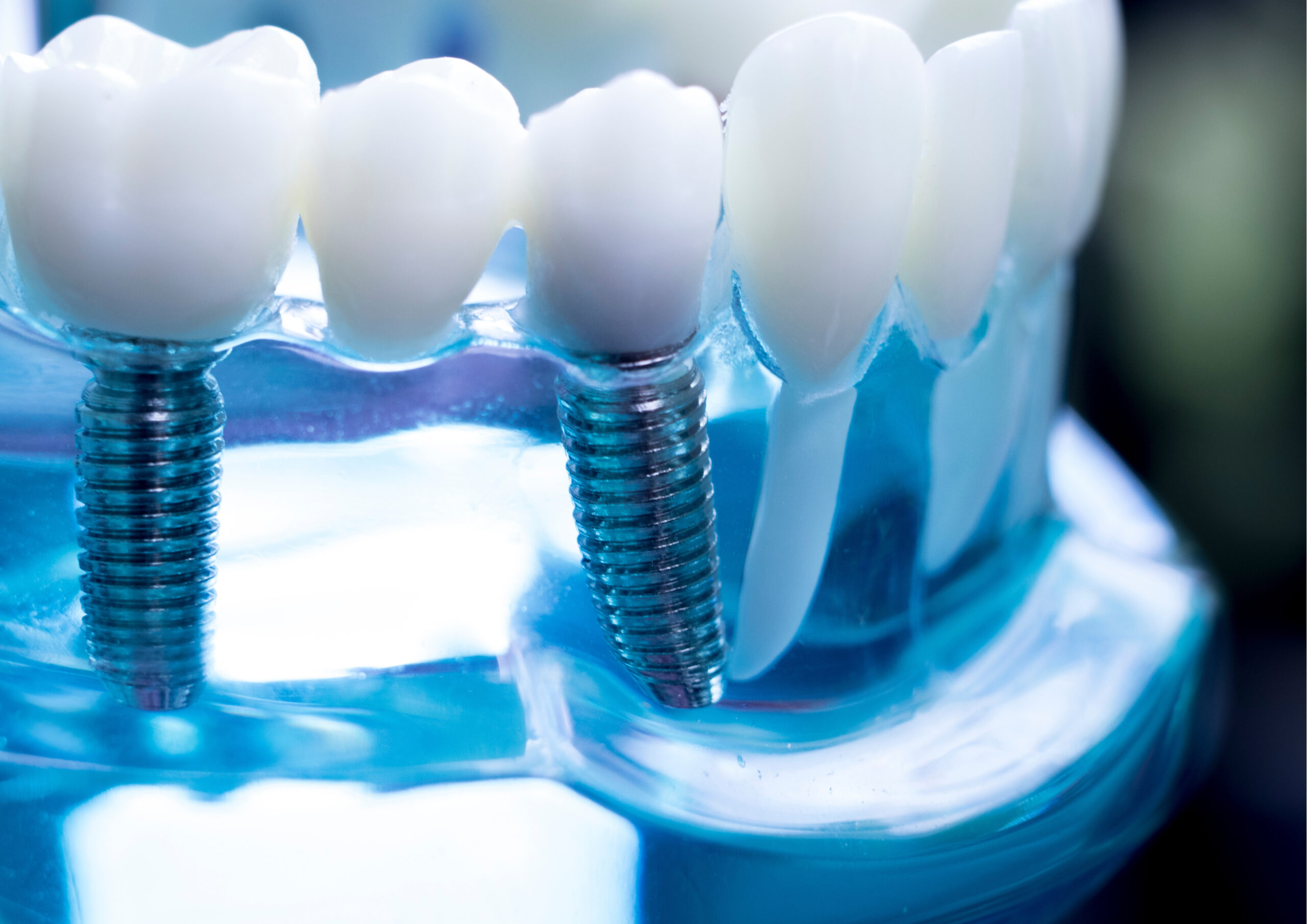
- Ortalama Kalış Süresi: 12 Gece
- Ziyaret Numarası: 2 Ziyaret
- Operasyon Süresi: 1-3 Saat
- Anestezi: Yerel
- İyileşme Süresi: 2 Hafta
What is dental implant treatment?
Dental implants are surgical fixtures placed into the jawbone to support dental prosthetics like crowns, bridges, or dentures. This procedure involves embedding a titanium post into the jawbone, acting as an artificial tooth root. Over time, the implant fuses with the bone, providing a stable foundation for replacement teeth. Dental implants offer a long-lasting solution for missing teeth, restoring functionality and aesthetics. The process typically involves multiple stages, including consultation, implant placement, healing, and placement of the prosthetic. Dental implants mimic natural teeth in appearance and function, providing patients with a durable and lifelike dental restoration option.
Dental implant treatments in Turkey
Dental implant treatments in Turkey offer high-quality care at competitive prices. Experienced dentists use state-of-the-art technology to place titanium posts into the jawbone, providing stable foundations for prosthetic teeth. Patients benefit from comprehensive services, including consultations, implant placement, and restoration. Turkey’s dental tourism industry is renowned for its affordability without compromising on quality, attracting international patients seeking cost-effective solutions. With modern facilities and skilled professionals, dental implant treatments in Turkey ensure efficient procedures and satisfactory outcomes, making it a popular destination for those seeking reliable dental care at a fraction of the cost compared to many other countries.
At Clinicton , we offer an all-inclusive service for all procedures, including VIP transportation, treatments, accommodation, prescribed medications, and full assistance throughout the entire process of your healthcare journey. Clinicton assures, a seamless dental implant treatment experience and recovery process to patients.
Who is eligible for dental implants?
•Patients who have sufficient jawbone density: Adequate bone density in the jaw is necessary to support the implant. Some medications can increase bone resorption so it is İmportant to inform the dentist or the medical consultants about medication usage.
- Patients who have good overall health: Patients should be in good general health to undergo the surgical procedure.
- Patients who don’t have any gum diseases: Gum disease can compromise the success of dental implants, so it should be treated before implant placement.
- Patients who are not heavy smokers heavy smokers: Smoking can increase the risk of implant failure, so smokers may need to quit or reduce smoking before undergoing implant surgery and during the healing process.
- Patients who are committed to oral hygiene: Patients must be willing to maintain good oral hygiene habits to ensure the longevity of the implants.
Benefits of Dental implants
•Improved oral function: Dental implants restore the ability to chew and speak properly, providing stability and strength similar to natural teeth. This enhances overall oral function and allows for a more varied and nutritious diet. - Enhanced aesthetics: Dental implants look and feel like natural teeth, blending seamlessly with the rest of the smile. They preserve facial structure and prevent bone loss, maintaining a youthful appearance and boosting confidence.
- Long-lasting solution: With proper care, dental implants can last a lifetime, offering a durable and reliable option for tooth replacement. Unlike traditional dentures or bridges, implants don’t require replacement or adjustment over time, saving both time and money in the long run.
- Improved oral health: Dental implants don’t rely on adjacent teeth for support, unlike bridges, which require the alteration of neighboring teeth. This preserves the integrity of surrounding teeth and promotes better oral hygiene. Additionally, implants stimulate the jawbone, preventing bone loss and maintaining overall oral health.
Recovery and aftercare process of Dental implants treatment
After dental implant surgery, the recovery process typically involves mild discomfort, swelling, and bruising, which can be managed with pain medication and ice packs. Patients should follow a soft diet and avoid strenuous activities to promote healing. Good oral hygiene is crucial, including gentle brushing and rinsing with saltwater. Regular follow-up appointments with the dentist are essential to monitor progress. As the implant integrates with the jawbone over several months, patients gradually transition to a normal diet and activities. Continued oral hygiene maintenance, including routine dental check-ups, ensures the long-term success and health of the dental implants.FAQ’s about Dental Implant Treatment
- Are dental implants painful?
Local anesthesia is used during the procedure, so patients typically experience minimal discomfort. After the surgery, mild discomfort can be managed with pain medication prescribed by the dentist. - What is the success rate of dental implants
Dental implants have a high success rate, typically around 95% or higher. Success depends on factors such as oral health, bone density, and proper aftercare. - How long do dental implants last?
With proper care, dental implants can last a lifetime. Regular dental check-ups and good oral hygiene habits are essential for maintaining the longevity of implants. - Are there any risks associated with dental implants?Like any surgical procedure, dental implants carry some risks, including infection, nerve damage, and implant failure. However, these complications are rare when performed by a skilled dentist with proper planning and aftercare.
